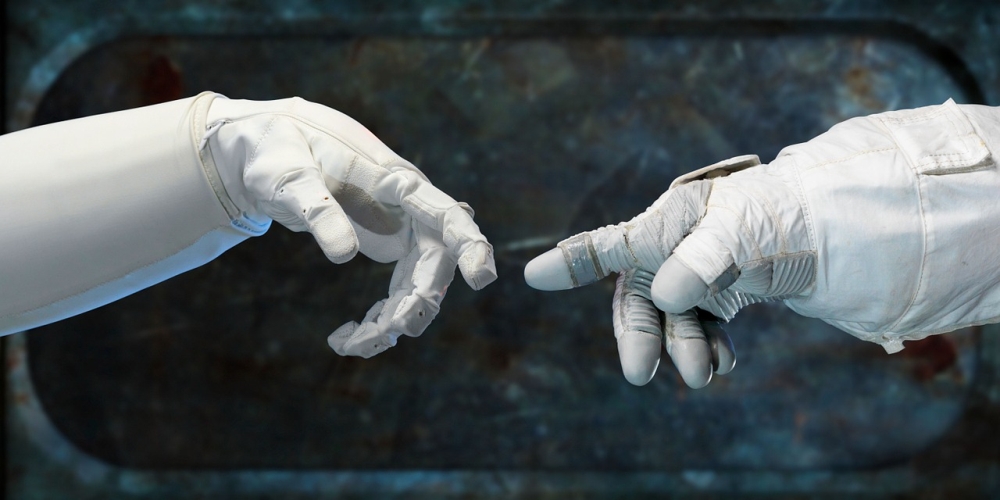About 35% of current jobs in the UK are at high risk of computerisation over the following 20 years, according to a study by researchers at Oxford University and Deloitte.
Deloitte analysed ONS labour force data for the period between 2001 and 2015 and their researchers found the proportion of routine jobs at ‘high risk’ of automation fell by 8.7 per cent – while high skilled jobs at ‘low risk’ were up 7.7 per cent over the 15-year period.
With each new job in one of the fastest-growing lower-risk occupations paying, on average, up to £10k more than the high-risk, routine job it replaced, this means that the net economic contribution for Northern Ireland was £3.4bn.
But despite the financial benefits, Deloitte warned that 300,000 jobs in the north are currently at high risk of automation; 200,000 at medium risk and another 300,000 at low risk over the next 20 years.
The Boston Consulting Group predicts that by 2025 up to a quarter of jobs will be replaced by either smart software or robots, while a study from Oxford University suggests that 35 per cent of existing UK jobs are at risk of automation in the next 20 years.
Further reading
- The Future of Employment: How Susceptible are Jobs to Computerisation? (Carl Benedikt Frey and Michael A. Osborne, 2013)
- Irish News: 300,000 Jobs at ‘high risk’ of automation, says Deloitte
- BBC: Will a robot take your job?

